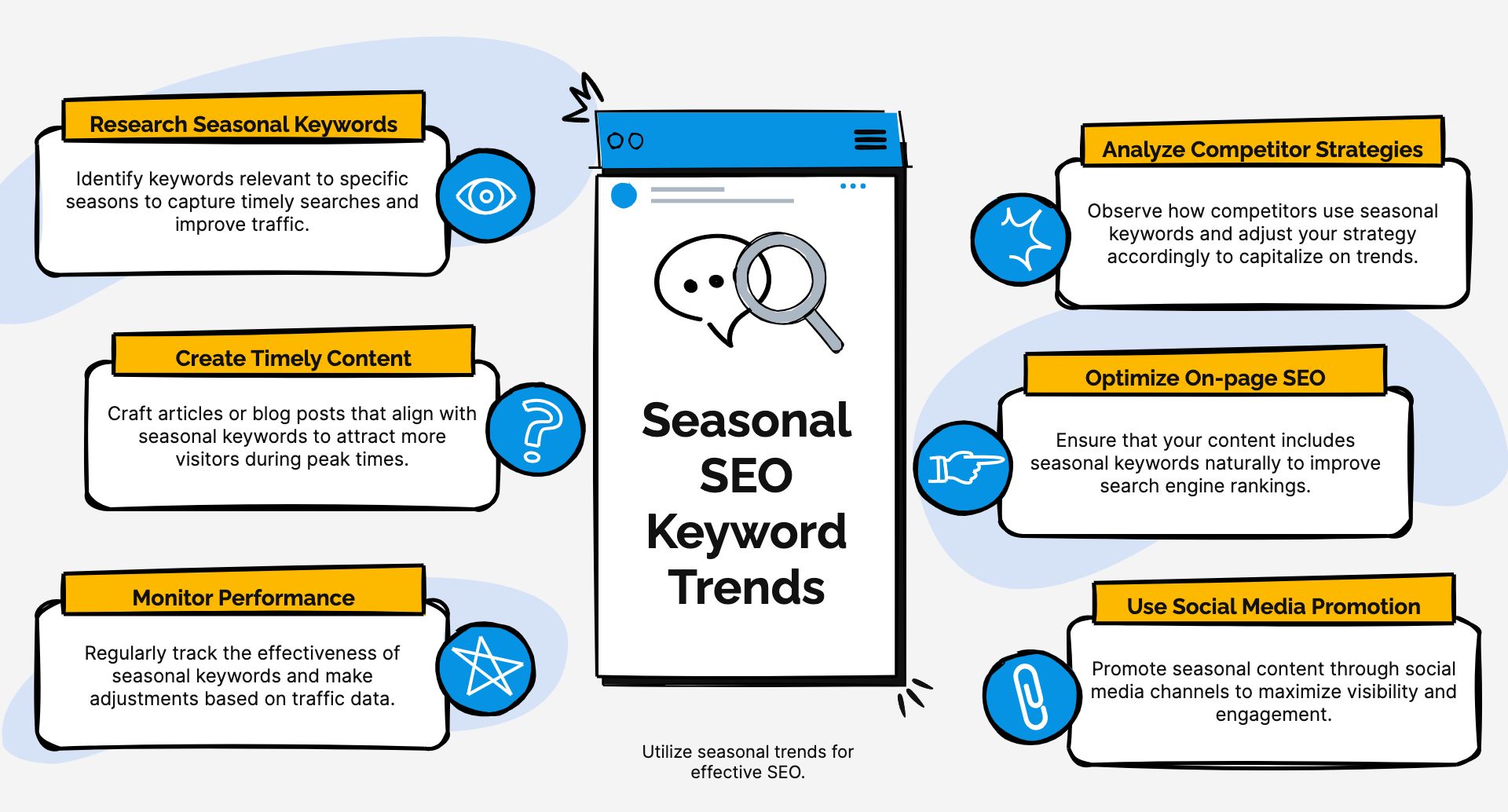Qatar’s tourism industry has been gaining significant momentum, particularly after hosting the FIFA World Cup 2022. According to Qatar Tourism, the country welcomed over 4 million international visitors in 2023, marking a substantial increase in tourist inflows. As global interest in Qatar grows, hospitality businesses—including hotels, resorts, restaurants, and tour operators—must invest in digital strategies to maintain competitiveness.
Search engine optimization (SEO) has emerged as one of the most cost-effective tools to enhance online visibility. When travelers plan their trips, they typically start with a Google search. A high-ranking presence in search results increases the likelihood of clicks, bookings, and brand recognition. In a digital-first world, SEO is no longer optional—it’s essential.
What Do Tourists Search for When Planning a Trip to Qatar?
Understanding user intent is at the heart of successful SEO. Tourists searching online typically fall into three categories:
- Informational: “Things to do in Doha,” “Best time to visit Qatar”
- Navigational: “Qatar Airways official site,” “Souq Waqif directions”
- Transactional: “Book hotel in West Bay Doha,” “Affordable desert safari Qatar”
These search terms reveal valuable insights into what content hospitality websites should focus on. Leveraging tools like Google Keyword Planner and Google Trends can help identify high-volume, low-competition keywords tailored to tourist needs.
Sample Search Intent Table:
| Keyword | Search Intent | Content Type Needed |
|---|---|---|
| Best luxury hotels in Doha | Transactional | Hotel listing page |
| What to do in Qatar in winter | Informational | Blog post or guide |
| Souq Waqif restaurants | Navigational | Directory or review page |
Matching content to searcher intent ensures your site meets expectations, improving both ranking and user experience.
How Can a Hospitality Website in Qatar Rank on Google?
Google uses over 200 ranking factors. For hospitality businesses in Qatar, three SEO pillars matter most:
- On-Page SEO
- Use relevant keywords in title tags, meta descriptions, headers, and content
- Include clear calls-to-action like “Book Now” or “Check Availability”
- Add structured data (Schema.org) for reviews, location, and events
- Off-Page SEO
- Build backlinks from reputable sources like Qatar Tourism or travel portals
- Encourage satisfied customers to leave reviews on Google, TripAdvisor, and OTA platforms
- Technical SEO
- Ensure fast page speed (under 3 seconds)
- Use responsive design for mobile devices
- Secure your website with HTTPS
These efforts collectively improve your site’s visibility, usability, and trustworthiness—key elements for ranking higher in search results.
How Does Local SEO Help Attract Walk-in and Geo-Based Tourists?
Local SEO is critical for hospitality businesses relying on foot traffic and local searches. According to Google, 46% of all searches have local intent. For example, a tourist might search “coffee shops near me” or “budget hotels in Doha.”
Strategies to Improve Local SEO:
- Google Business Profile: Create and fully optimize your listing with updated NAP (Name, Address, Phone), business hours, and photos.
- Local Citations: Ensure your business is listed accurately on platforms like Yelp, TripAdvisor, and Qatar’s Yellow Pages
- Customer Reviews: Actively request and respond to customer reviews. More reviews lead to higher trust and visibility.
Local SEO Checklist:
| Task | Status |
| Google Business Profile setup | ✅ |
| Local citations submitted | ✅ |
| Reviews monitored and replied | ✅ |
| Local keywords used | ✅ |
An optimized local presence ensures you appear in map packs and “near me” searches, drawing more nearby tourists to your location.
What Kind of Content Should Hospitality Businesses Create?
Content is the engine of any SEO strategy. Hospitality businesses in Qatar should prioritize producing helpful, engaging, and location-specific content.
Content Ideas:
- Guides: “Top 10 Places to Visit in Doha,” “Best Family-Friendly Hotels in Qatar”
- Event-Based Posts: “Where to Stay During Qatar Grand Prix,” “Ramadan Hotel Offers in Doha”
- Multimedia Content: Add videos, virtual tours, and high-resolution images
- Multilingual Support: Provide content in English and Arabic to serve broader audiences
Google rewards fresh and original content that answers specific user questions. Including internal links (e.g., from blog posts to booking pages) also helps with site structure and user flow.
How Can SEO Help During Off-Peak Seasons?

Qatar experiences seasonality in tourism. Summers may see fewer international tourists due to extreme heat. However, smart SEO can still drive traffic and bookings.
Tactics for Off-Season SEO:
- Target long-tail keywords like “indoor activities in Doha” or “budget hotels in Qatar summer”
- Offer seasonal discounts with dedicated landing pages
- Collaborate with local influencers or media to promote staycations
A combined approach using organic SEO and PPC during lean periods ensures visibility without high marketing costs. You can also promote events, wellness retreats, or local experiences that appeal to residents and off-season travelers.
How to Measure the ROI of SEO for a Hotel or Travel Business?
Unlike paid ads, SEO has a compounding ROI over time. To track success:
- Use Google Analytics to monitor traffic, bounce rates, and conversion goals (bookings, contact forms)
- Analyze Google Search Console for keyword impressions and click-through rates
- Implement UTM parameters to track which content drives the most engagement
SEO Metrics Table:
| Metric | Tool Used |
| Organic traffic | Google Analytics |
| Keyword rankings | Google Search Console |
| Conversion rate | GA + Booking Platform |
| Backlink count | Ahrefs / SEMrush |
Optimizing content based on performance data ensures continual improvement and revenue generation.
What Are Some Common SEO Mistakes Made by Qatar’s Hospitality Industry?

Many businesses in Qatar overlook critical SEO elements, which limits their growth.
Common Pitfalls:
- Not mobile-friendly: With most users on smartphones, a non-responsive site drives away traffic
- Ignoring Arabic keywords: Targeting only English terms misses a sizable segment of tourists and residents
- Poor backlink strategy: Relying only on OTA platforms like Booking.com without building direct authority
- No content updates: Outdated blogs or static pages negatively affect rankings
Avoiding these mistakes and staying updated with Google’s evolving algorithms helps maintain competitiveness.
Case Study: How a Doha-Based Hotel Increased Bookings Through SEO

A mid-sized hotel in Doha implemented a 6-month SEO campaign targeting keywords like “family hotel near Katara Cultural Village.” They also optimized their Google Business Profile, produced Arabic and English blog posts, and earned backlinks from local news outlets.
Results:
- Website traffic grew by 120%
- Organic bookings rose by 85%
- Bounce rate decreased by 25%
This illustrates how strategic, multilingual SEO can directly impact bookings and brand visibility.
Conclusion: Why Ignoring SEO Means Losing Out on Global Tourists
As Qatar invests in becoming a global tourism hub, hospitality businesses must match pace digitally. SEO offers a sustainable way to attract, convert, and retain travelers searching online. From ranking in “near me” searches to capturing international bookings, it boosts visibility where it matters most.
Start with an audit, fix your fundamentals, and build content that resonates with tourist intent. By doing so, you won’t just compete—you’ll lead the hospitality space in Qatar.
Action Step: Get a comprehensive SEO audit or consultation to uncover your site’s opportunities and start attracting more tourists today.






1 Comment
Vyvymanga: A Complete Guide to the Free Online Manga Platform - boostpage.co
[…] manga platform market has many different types of services. Understanding these differences helps users make better […]